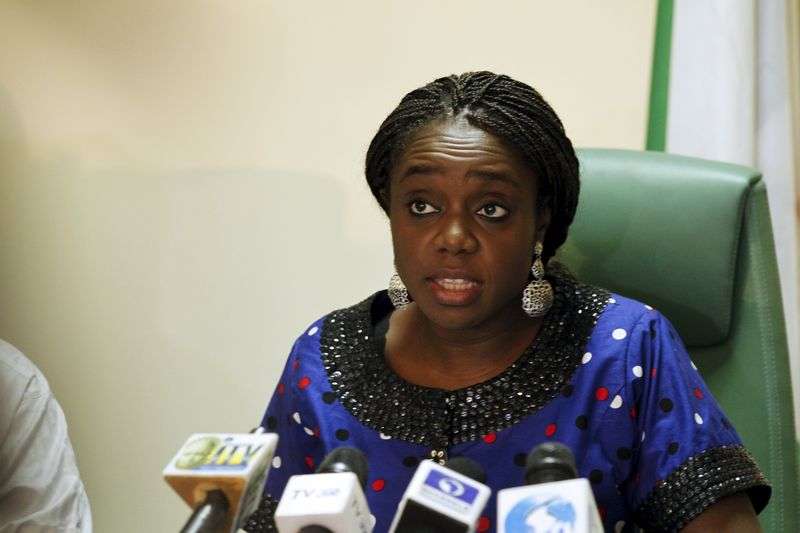Economy
Budgetary Spending Alone Can’t Address Infrastructure Deficit – Adeosun

- Budgetary Spending Alone Can’t Address Infrastructure Deficit
The Minister of Finance, Mrs. Kemi Adeosun, on Tuesday said that the Federal Government could not address the country’s huge infrastructure deficit with budgetary allocations alone in the next 10 years.
Adeosun stated this in Abuja at the 10th Africa Finance Corporation Summit, which was organised to chart a way for infrastructure financing in Africa.
Based on the 30-year road map for infrastructure development for the country, known as the Integrated Infrastructure Master Plan, Nigeria will need N398.1tn ($2tn) for infrastructure development over three decades.
The plan is to serve as a key component of capital budgets since 2014, with a target annual expenditure of N6.57tn ($33bn), being 5.4 per cent of the country’s Gross Domestic Product for the five-year period 2014 to 2019.
But speaking at the summit, the Finance minister said the infrastructure deficit in the country had become so huge that even if the government was to allocate the entire budget for capital projects alone, the gap would still not be bridged.
She said the government, in realisation of this funding gap, had decided to focus more on Public-Private Partnership arrangement to address the infrastructure gap.
Adeosun stated, “When we came to office, 90 per cent of the budget was on recurrent and 10 per cent on capital spending. So, the first thing we had to do was to ensure that the government spent at least 30 per cent of its budget on capital projects. We released N1.2tn in the last 12 months on capital.
“We recognise that government on its own cannot address the country’s infrastructure deficit; even if we devote all of our budget to infrastructure for the next 10 years, we can’t bridge the gap.”
She gave an assurance that despite the funding gap, the government would continue to put in place necessary policies to attract private sector investments into infrastructure.
Adeosun said, “I want to assure you that government will continue to be a provider of infrastructure but we must crowd-in additional funding. The PPP has a fail-and-check history in Nigeria but this government has taken it that there is no alternative, we must make PPP work.
“We have to look at the existing PPP projects, figure out where things went wrong and fix the ones that are flexible and create the framework that encourages investors to come in.”
She called on private sector investors to channel more investments into power, road, housing, education and manufacturing sectors, noting that these sectors had huge opportunities for investors.